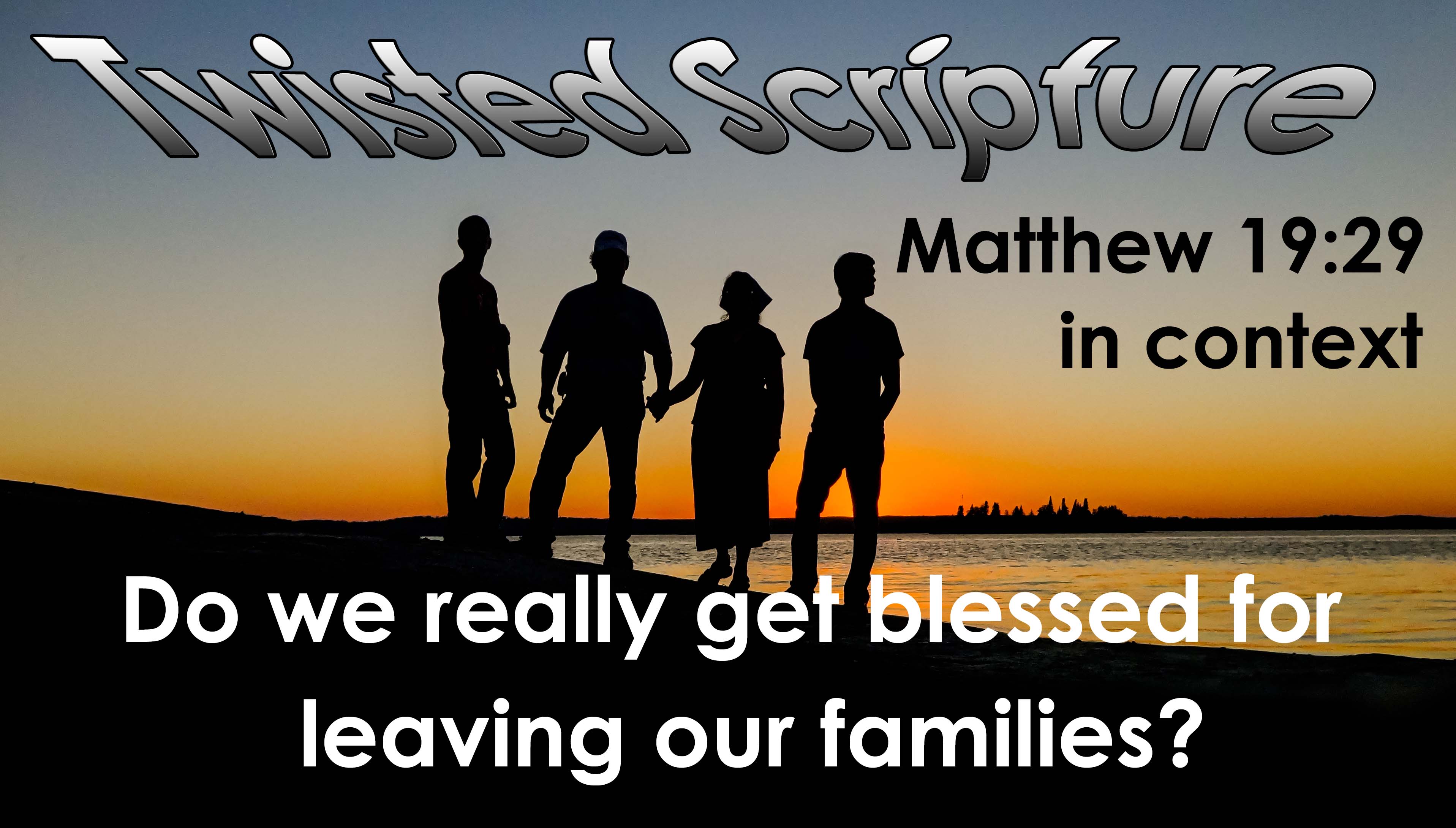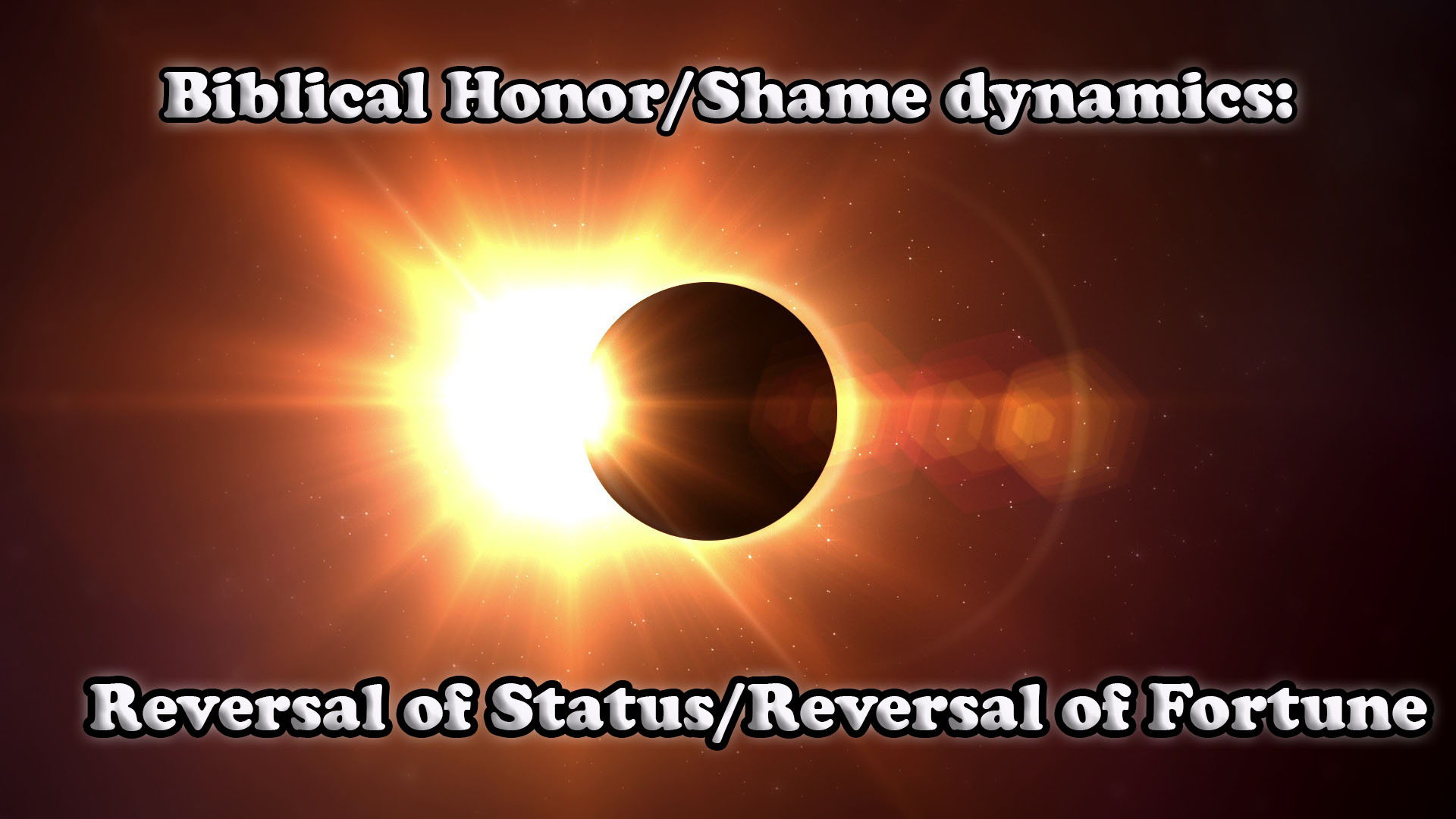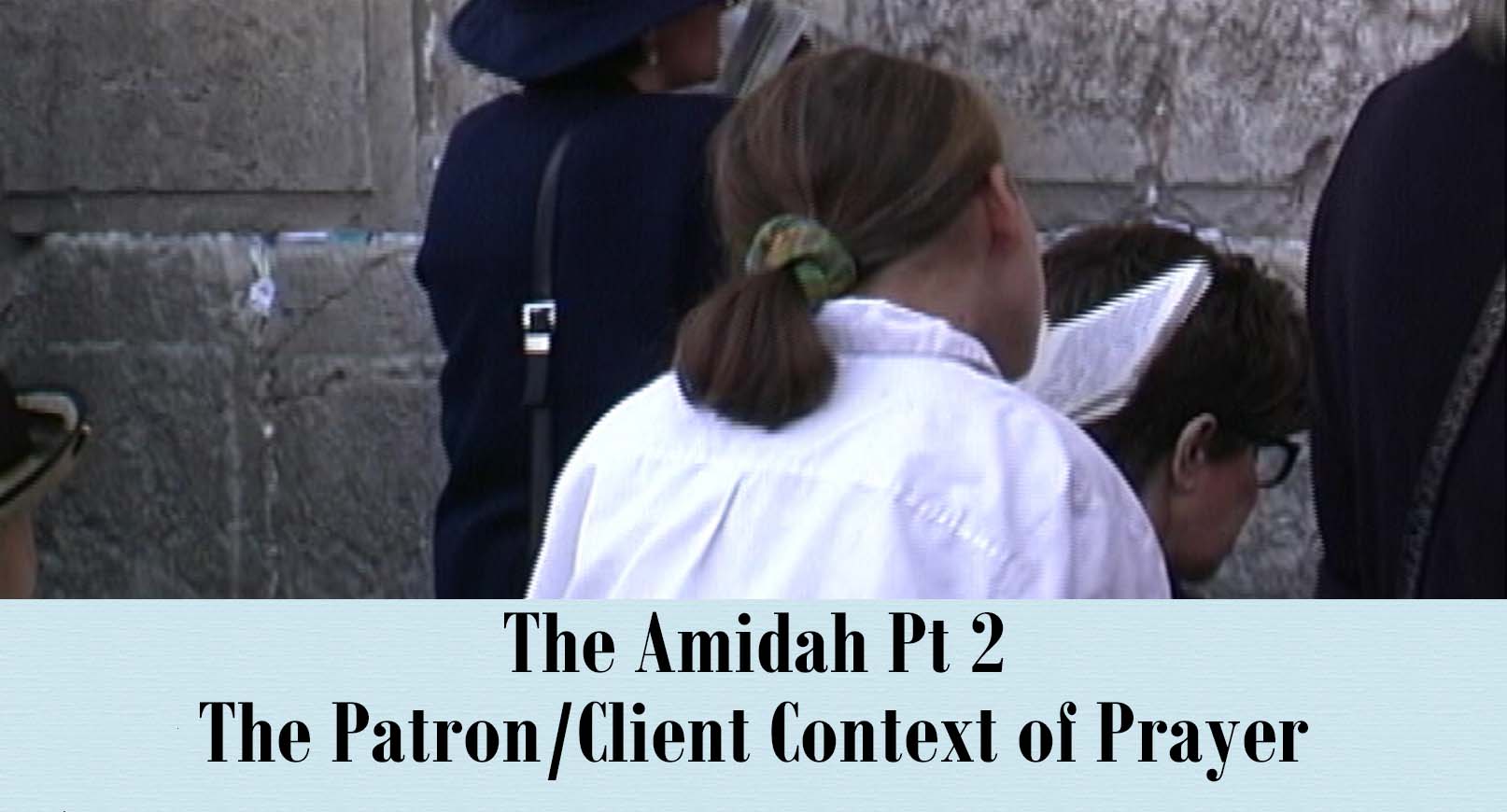 Someone asked me a question on social media this morning and I am so glad they did! Having just finished a writing book on the community mindset and kinship relations of the ancient Near Eastern and First Century world of the Hebrew Bible, the time is ripe to tackle Matthew 19:29:
Someone asked me a question on social media this morning and I am so glad they did! Having just finished a writing book on the community mindset and kinship relations of the ancient Near Eastern and First Century world of the Hebrew Bible, the time is ripe to tackle Matthew 19:29:
And everyone who has left houses or brothers or sisters or father or mother or children or lands, for my name’s sake, will receive a hundredfold and will inherit eternal life. (ESV)
Sadly, in our modern world we get overly dramatic about this very dramatic verse – but in the entirely wrong direction. As Western individualists, we do not even begin to comprehend the absolute uniformity of belief that existed within ancient families – and how radical belief in Yeshua as the Divine Messiah truly became. We presume that this verse gives people permission to abandon unbelieving family, sometimes even over the slightest differences (let’s face it, for some folks there are no small issues). Of course, along with these delusions of permission to walk out come fantasies of returning one day with soap poisoning and then they will be sorry, or not. Maybe not.
Anyway, I routinely get asked about this verse from people who are warned that they are in sin if they don’t leave a spouse who does this or that thing because they honestly and genuinely don’t believe that Torah is for Christians today. So, let’s investigate this in context. But before we do – I want to tell you what I always tell them:
“Is your spouse guilty of anything other than being the exact same person you fell in love with and swore an oath before God to love, honor and cherish? You changed and they didn’t – you don’t get to punish them for that. They are the person you committed to, don’t blame them for being that person.”
People in the ancient world were defined by their family unit:
Deborah, wife of Lappidoth
David, son of Jessie
Mary and Martha, sisters of Lazarus
Mary, wife of Cleopas
Jonathan, son of Saul
Identification by family told people who you were, your honor level within the community, identified your beliefs, and whether or not you could be trusted. If the head of the clan believed in and worshiped god X, then so did everyone else in the family from greatest to least. Period. It wasn’t like it is today where the same family could conceivably be made up of Christians, Jews, Muslims, and Hindus. Such a situation in the ancient world was unthinkable! The kinship group (extended family unit) was a sacred thing – loyalty towards one another was at the very core. Many of the commandments we take for granted – loving your neighbor commandments – were instituted because in the ancient world you loved your kin and to heck in a handbasket with anyone on the outside. That kind of absolute unity required, well, absolute uniformity of belief on everything from religion to politics. Any deviation introduced chaos into the family unit and was seen as the height of selfishness – truly destructive behavior. To have a different belief was to “leave” your house (not your physical abode but your extended family unit’s core values), brothers and sisters (the most sacred of all kinship relations was that with your siblings), father (and the beliefs he set for the family), mother (and her diligent instruction in the beliefs of the father), children (and whatever you might have already trained them up in), and lands (literally meaning cultivated fields, which I believe is metaphoric language relating back to that which is inherited from the fathers – in those times, the most important inheritance was land).
To accept Yeshua as the Divine Messiah and the coming Davidic King, which many were beginning to do before His death, would potentially mean a significant break with the beliefs of the rest of the family. Jews were deeply divided about Yeshua, both before and after His death and resurrection. At one point, it is believed that up to 20% of Jews accepted Him as the Messiah – a staggering number but certainly not the majority. One out of five family members believing something different than the rest – it may not seem huge in a world where we prize individuality and freedom to think and choose for ourselves what to believe – but that world was created at the Cross, before the cross such freedom never existed. It was practically unthinkable and very, very rare.
It had already begun long before Yeshua’s death – people were divided over Him. It was causing problems but Yeshua assured His followers that it was not, in fact, evil to break with family uniformity in order to come to faith.
What Yeshua would never countenance is people actually breaking relationship, on their end, with family over Him. Destruction of family strikes at the heart of everything the Bible stands for. When Abraham left Ur, he was in his seventies, and he took with him his wife and entire family unit. Abraham changed location – he didn’t pick up and abandon people just because they disagreed and we have no evidence that he ever broke relationship with his kin – in fact we know he didn’t because he sent his servant back to his still loving family in order to procure a bride for Isaac. Abraham moved, yes, but never abandoned. He is our example, and yet in the first century, we add a new wrinkle and Yeshua makes it possible, in fact, gives permission, for people to lovingly believe in Him on an individual basis.
It may not seem radical to us, but Yeshua was addressing a very real problem that existed within very real first century families. It gives us permission to be lovingly separate in a belief, not license to act like boorish toddlers who threaten to run away if everyone refuses to bow to our beliefs. After all, what family would look kindly upon any belief that would break apart loving relationships? They would, rather, see it as proof of being decidedly un-Christlike and perhaps even dangerously cultish.
As my brother Ryan White mentioned when I brought this up this morning, “Allegiance to your current kinship group should never trump relationship with God.”
Exactly.
An excellent starting place for learning about kinship relations and Biblical social sciences, in general, is David deSilva’s Honor, Patronage, kinship and Purity.
Look for my next book in a few months – still waffling on the title.






















So what you are saying is that Mathew 19:29 refers to a “leaving” in principle of belief – not in action? Do I understand correctly?
Yes, not to abandon kin, but to be free to believe something different – which was not acceptable culturally in those days. Really, it was only a minor change from normative Judaism at the time – belief in Yeshua as the Messiah, not a repudiation of Judaism.
And do you believe that this explanation can even be seen in Luke 8 :21 where Yahushua refers to the obedient as His mother, brothers and sisters?
I actually have another blog about that! Yeshua was creating what we call a fictive kinship group while not eliminating the blood kinship group. A fictive kinship group is kin by choice, and that was what Yeshua was expressing – http://theancientbridge.com/2015/09/who-is-my-mother-brother-sisters-the-shame-of-the-cross-in-perspective/
Thank you Tyler x
If you can.. Please see this 9 min clip from XXXX on Math 19:29. Interesting view! I would love your input 😃
(clip edited out)
I have a strict policy of not commenting on the teachings of other ministries so I removed all identifying markers. The video had a number of fallacies in it – he was mixing and matching a number of different scenarios and making them seem related when they were not, for example, the speaking of the widows and lepers was spoken right before they wanted to kill him in Nazareth – why? Because He was saying that the message of salvation would be taken to the Gentiles. He was not disconnecting with His family, he was teaching through midrash. Also, authority was passed to His brothers because that is what happened in honor/shame dyadic societies. Nepotism was king, really – I just finished writing my latest book where I actually discuss how kinship worked in the ancient world and still works today in some cultures.
I understand. Thank you for your input and effort though. I still have much to learn! It is much appreciated. Shalom
not a problem, I didn’t want to not answer but I didn’t want to embarrass another ministry either – I hate it when people do that 🙂
It is good to say that when Jesus acknowledged that his presence shall bring clashes within family, he said that he brought the sword but not that HE is the sword.
Sword itself does nothing, it needs a hand to hold it. And even then it is up to holder how one uses the sword.
If one takes the sword and cuts familyties without good reason or if the family takes the sword and cut one with it, it is not sword’s blame.
I suppose Jesus’ point even here was that his name shall bring disunity but he is not the active component in it but rather the one who shall cut the ties or not depending how people react to the sword.